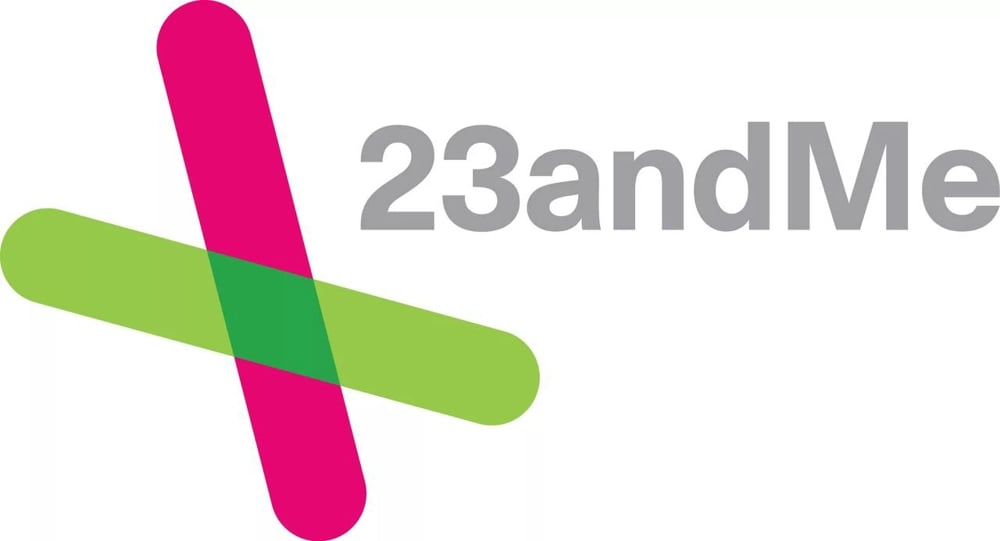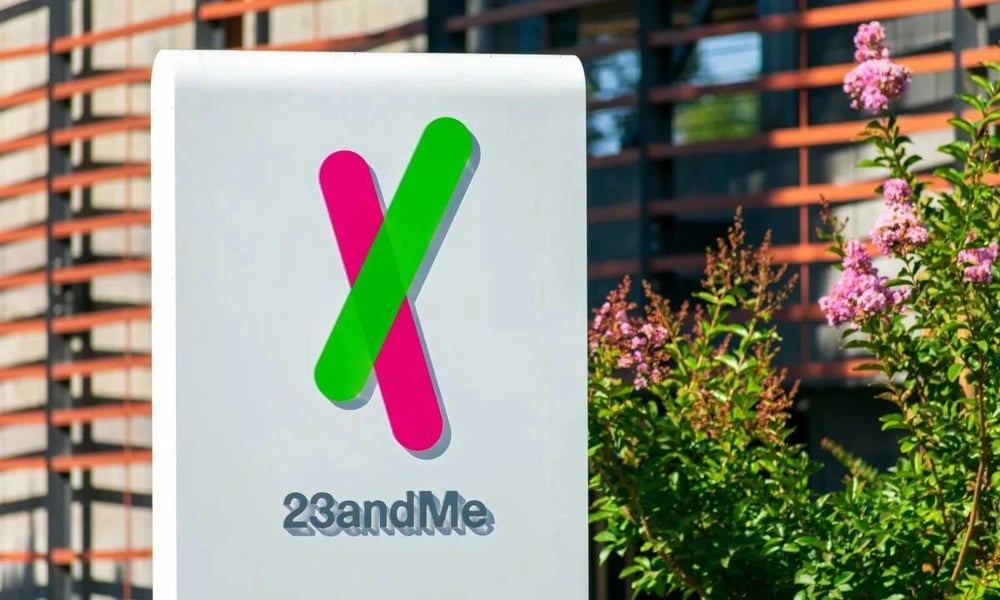Former 23andMe CEO Leads $305M Bid for Genetic Data Repository
Anne Wojcicki, co-founder and former CEO of the bankrupt genetic testing company 23andMe $ME, has emerged as the winning bidder in a court-supervised auction for the firm's core asset: a massive repository of genomic data from over 15 million individuals. The winning offer, totaling $305 million, was made in partnership with TTAM, a California-based nonprofit biomedical research institute. The acquisition significantly outbids a prior $255 million offer from Regeneron Pharmaceuticals $REGN, which now remains as the backup bidder should the primary transaction fail to close. The sale remains subject to federal court approval, a standard procedure in Chapter 11 asset auctions.
Genomic Database at the Center of Industry Interest
At the core of the bidding war lies an extensive trove of anonymized DNA data, amassed through years of consumer engagement. The data includes high-resolution genotypic information, ancestral breakdowns, and individual risk factors for a range of hereditary conditions. The interest from Regeneron and other biotech firms underscores the commercial and scientific value of longitudinal, population-scale genetic datasets. With proper consent frameworks, these databases support breakthroughs in drug discovery, precision medicine, and epidemiological research.

Enhanced Data Use Restrictions Introduced
Wojcicki and TTAM’s bid includes new conditions on data access and utilization—an apparent response to longstanding criticism over privacy concerns in consumer genomics. The revised terms introduce limitations on secondary use of data, particularly regarding commercial exploitation and third-party sharing. These provisions are aimed at restoring trust and ensuring alignment with ethical standards, particularly given the sensitive nature of the data, which was voluntarily submitted by individuals using 23andMe’s mail-in saliva kits.

Implications for Biotech and Privacy Policy
If finalized, the deal could reshape how consumer health data is governed in the U.S. and beyond. It signals growing convergence between private health data assets and public interest research institutions. It may also accelerate regulatory scrutiny on the balance between innovation and personal privacy.
The acquisition illustrates several broader trends:
Data-driven health assets remain in high demand despite sectoral bankruptcies;
Nonprofit research entities increasingly compete with biotech giants for data access;
Governance frameworks around genetic privacy are evolving;
Court oversight adds procedural checks in high-stakes data transactions;
Public confidence hinges on consent transparency and data stewardship.
The outcome may set a precedent for future M&A in genomics, particularly involving consumer-contributed data assets.















Comments